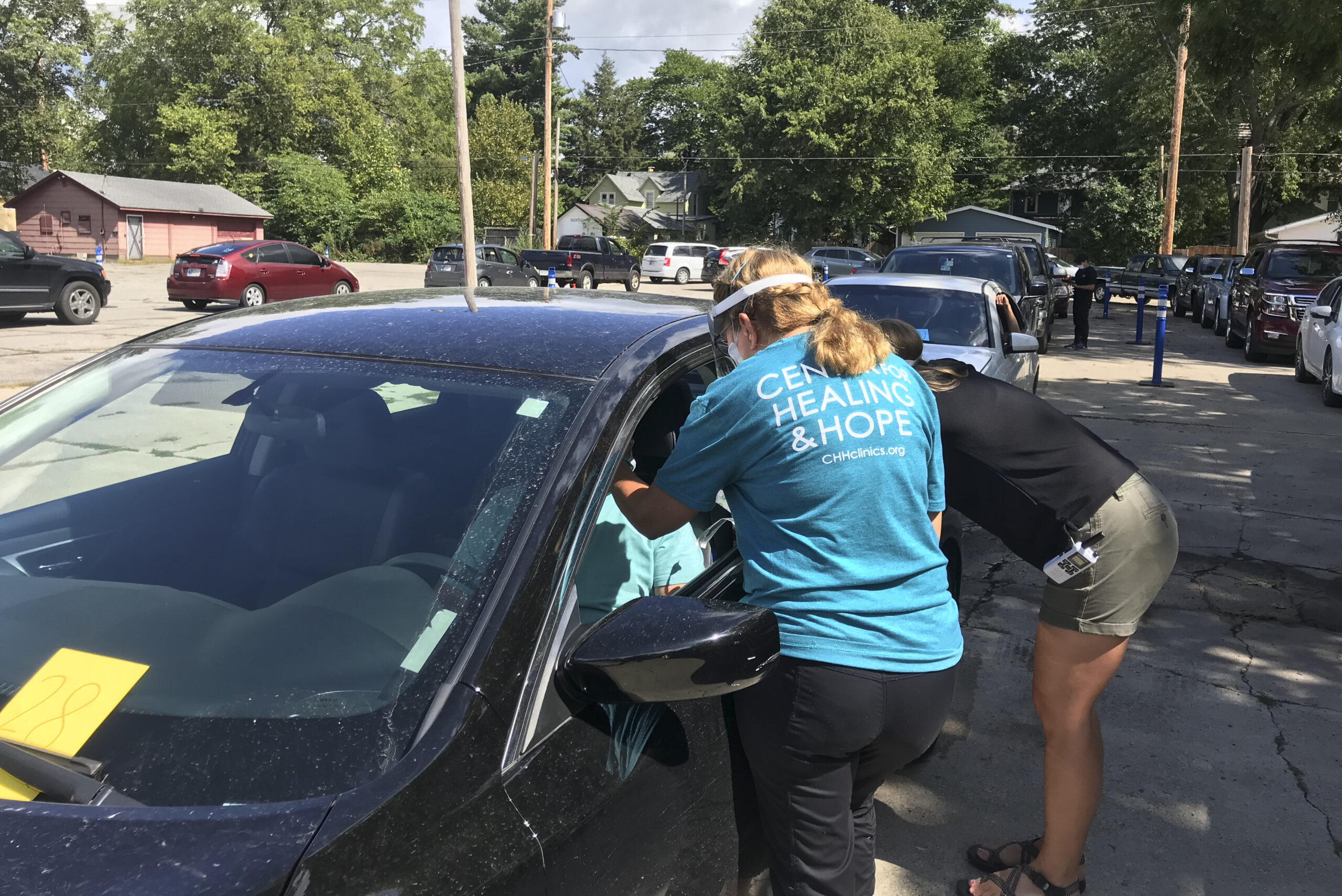The Elkhart County council elected to deny health education for it’s marginalized communities when it voted not to apply for a CDC grant at the council meeting last Saturday.
The grant, offered by the national Center for Disease Control, would have provided $995,698 to train and deploy up to six new health workers to promote education about chronic diseases among local Latino, Black and Amish communities. Instead, council members chose to preserve what they saw as freedom from government overreach.“I think the grant is a social justice issue,” said Gilberto Perez Jr. who attended the meeting where the decision was made. “We had an opportunity to bring in workers that would engage with minoritized groups in our community, and we missed that opportunity.”
Perez, who serves as vice president for student life and dean of students at Goshen College, also sits on the Goshen City council. He believes the grant would have benefited many Goshen residents, likely including families of Goshen College students.
The request to seek the grant came from the county’s health department in response to a community health needs assessment that was carried out in Goshen and Elkhart hospitals. The survey, presented to the council by Health Officer Bethany Wait, pointed to a need for addressing chronic diseases in minoritized communities. Her plan was to hire members of Latino, Black and Amish communities to engage in culturally-appropriate outreach.
While Perez, as well as the mayors of Goshen and Elkhart, supported seeking the grant, the council members chose to focus on one line in the application that mentioned collaborating with the CDC on COVID-19 tracking and quarantining. Perez said some saw this as an overreach of the government and said they “are done with the federal government telling us what to do about Covid.”
Susan Setiawan, a nursing professor at Goshen College, said fear of government involvement in health care isn’t unusual. “I’ve seen it from the perspective of people who are scared to have their personal liberties taken away,” she said, “and also from the perspective of people who fear actual harm from the government.”
The latter concern is particularly common among vulnerable populations who have experienced harm in the past. This is one of many factors that contribute to the current lack of health needs being met in minority communities.
Sandra Cortez, a senior nursing and public health double major, explained that distrust among marginalized communities is often a result of lacking cultural competence in health care professionals working with diverse populations.
Cortez, an Elkhart native, has studied and worked with the local Latino population in various settings throughout her time at Goshen College.
“It has been found that healthcare workers are not given much training on cultural competence by their employers,” she said.
The program funded by the grant would have attempted to address this issue.
While Perez sees the county council’s decision as a slap in the face for local minority groups, he also sees the potential for new connections and opportunities to emerge from it.
“One-time decisions don’t define the types of partnerships the community can have,” Perez said. “A ‘no’ has spurred more social justice conversations… it’s an opportunity for organizations led by minoritized leaders to step up and make partnerships.”
Perez hopes that students in Goshen College’s public health program will get the chance to be part of the solutions that develop.



